The 10 Best Films Of 2016
Superheroes, First Ladies, Road Warriors And Cute Rabbits
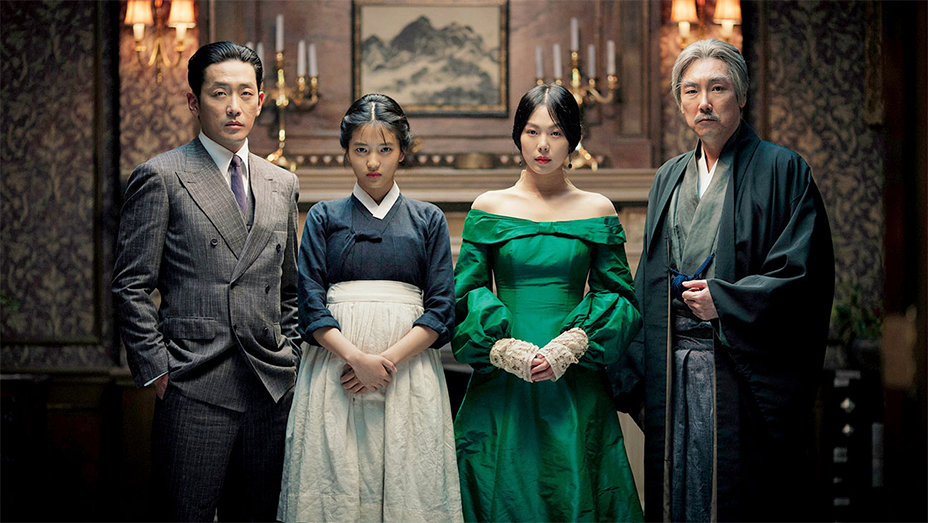
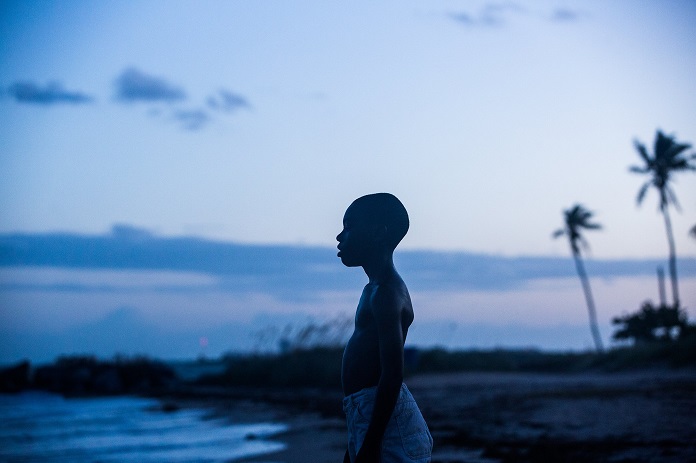
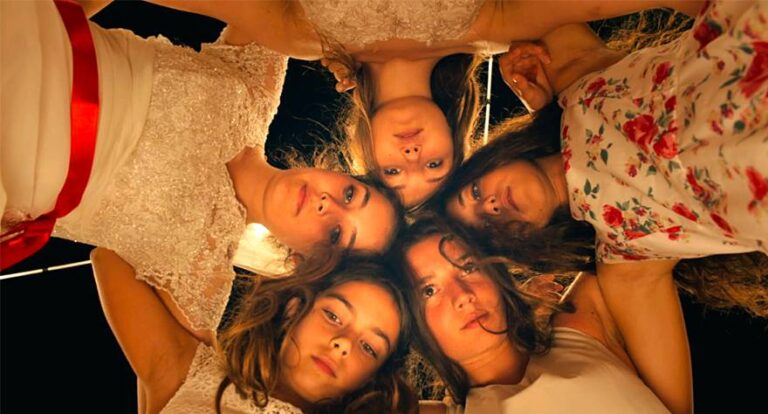
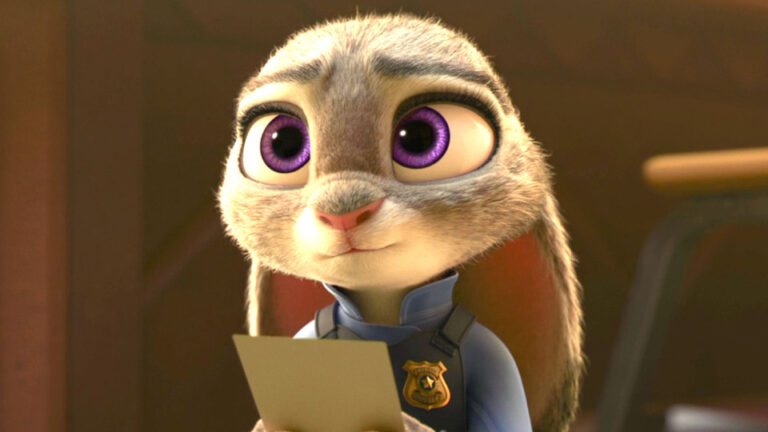
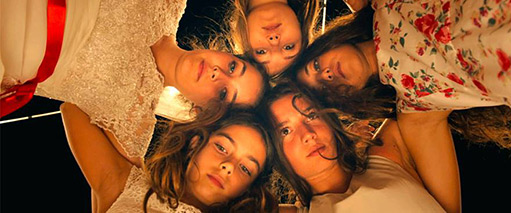
Latest Article|September 3, 2020|Free
::Making Grown Men Cry Since 1992




